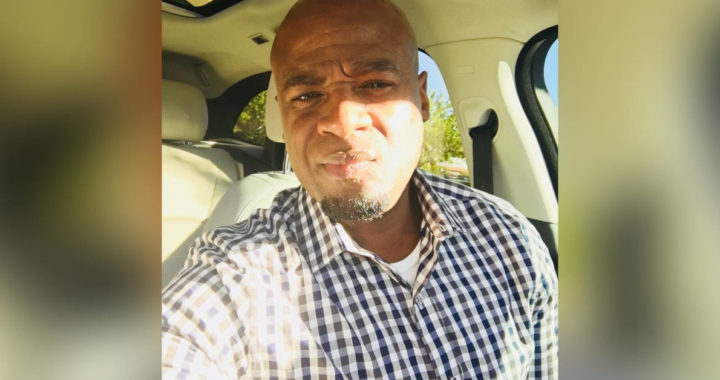A former Nevada state lawmaker who was convicted last year on campaign finance violations has won an early release from federal prison due to the ongoing health crisis brought on by the novel coronavirus COVID-19.
Kelvin Atkinson, a Nevada Democrat and the state’s former senate majority leader, was charged with misusing nearly $500,000 in campaign funds between 2010 and 2017. He resigned from the legislature in March 2019 and later pled guilty to the charge.
He was sentenced to 27 months in prison and fined nearly $250,000. He began serving his sentence at the federal prison camp in Atwater, California, a minimum-security facility that houses defendants with low-level criminal convictions.
Federal prisons have been a hotbed of viral COVID-19 infections since the outbreak began in late February.
The satellite prison camp is one of the few federal prisons to report no outbreak of COVID-19, according to information released by the Bureau of Prisons. An adjacent high-security penitentiary also has reported no instances of inmates or staff being infected with the virus.
Other federal prisons in California have reported a steady increase in infections since March. A satellite prison camp and adjacent high-security facility in Lompoc have the highest collective number of inmate infections in the entire Bureau of Prisons system, according to information published by the agency.
The Bureau of Prisons says it is maintaining adequate measures to prevent and screen for COVID-19. In a document called “Correcting Myths and Misinformation about BOP and COVID-19,” prison officials say they’ve provided inmates with cloth masks and are segregating those who experience symptoms of COVID-19 infection.
But in a motion filed in late March, Atkinson said staff at the Atwater prison camp didn’t provide him with adequate cleaning materials and weren’t actively taking temperatures of symptomatic inmates.
In a rebuttal to Atkinson’s motion, the U.S. Attorney’s office wrote the former lawmaker had access to cleaning materials and was more than capable of taking care of himself.
Both Atkinson’s health information and the U.S. Attorney’s rebuttal were filed under seal, but they were referenced by a federal judge in public court documents reviewed by the Nevada Independent.
In mid-April, Judge James Mahan ruled in favor of Atkinson, finding that Atkinson suffered from a “severe illness” and that the COVID-19 outbreak put his life at risk.
Mahan ordered Atkinson released within 72 hours of his order. Atkinson was further ordered to spend two weeks in self-isolation, then spend the remainder of his sentence in home detention.


